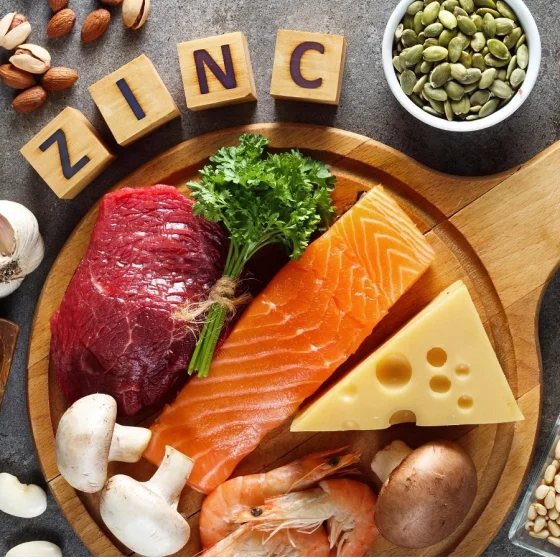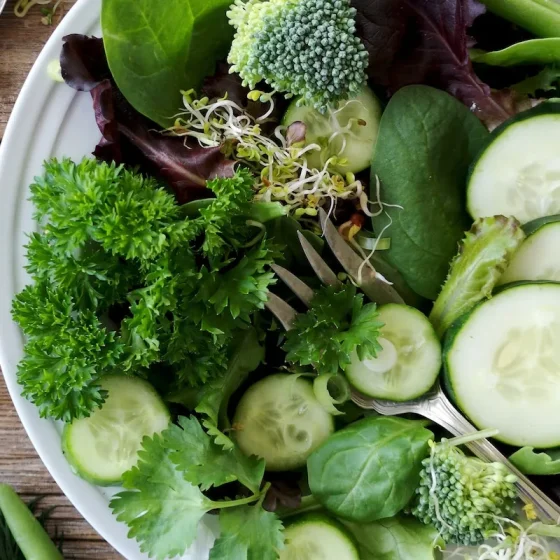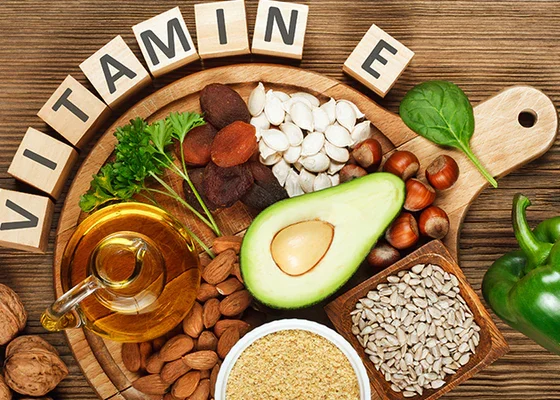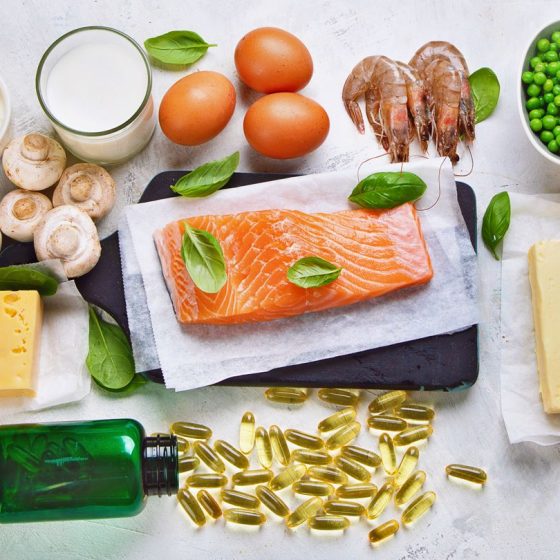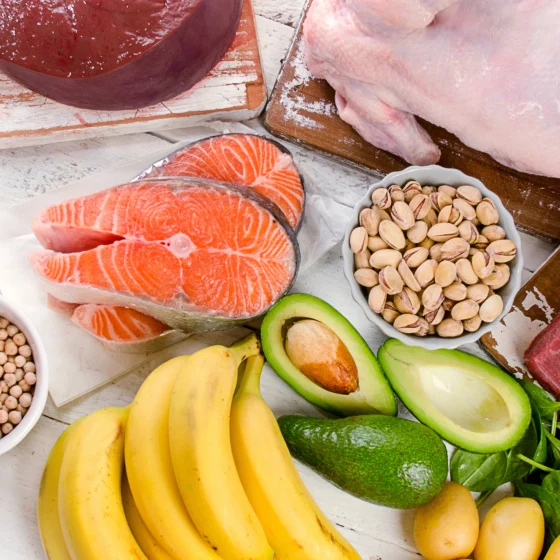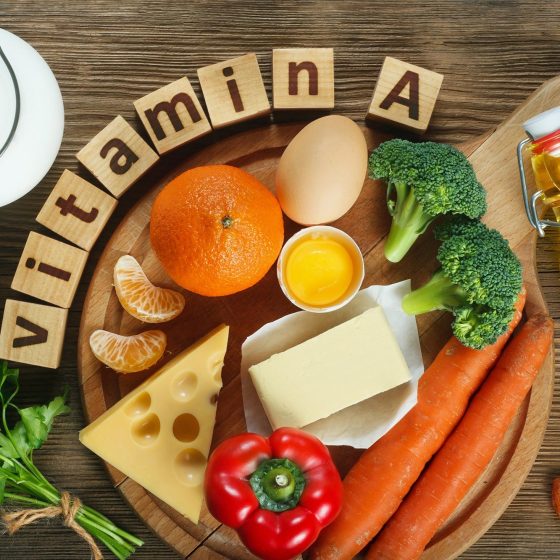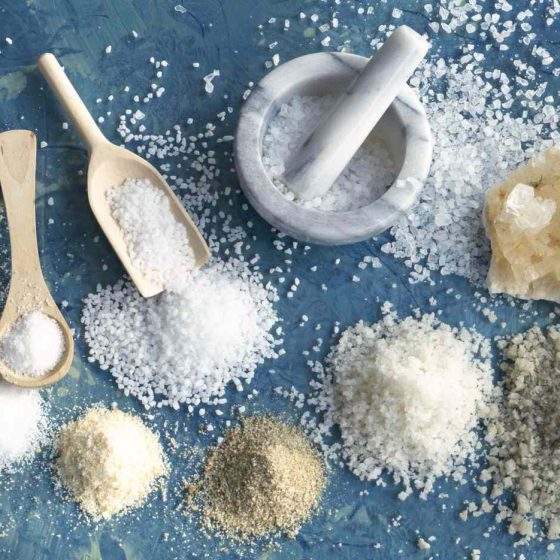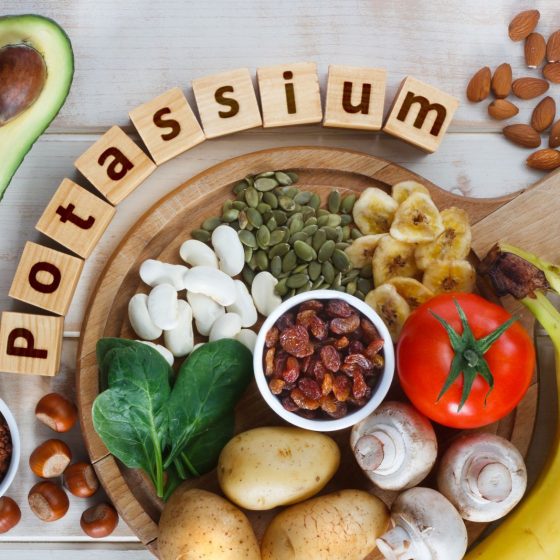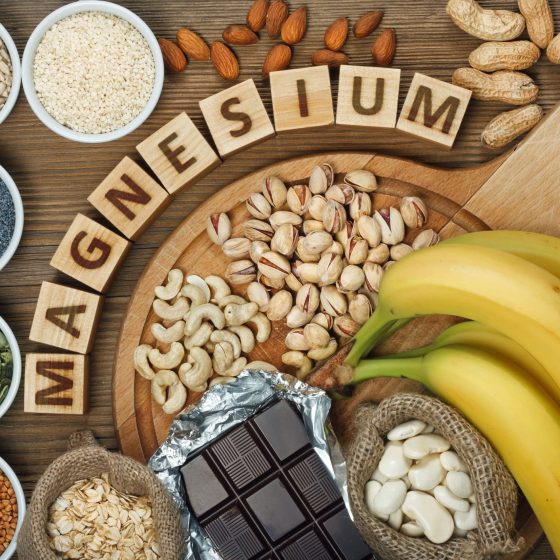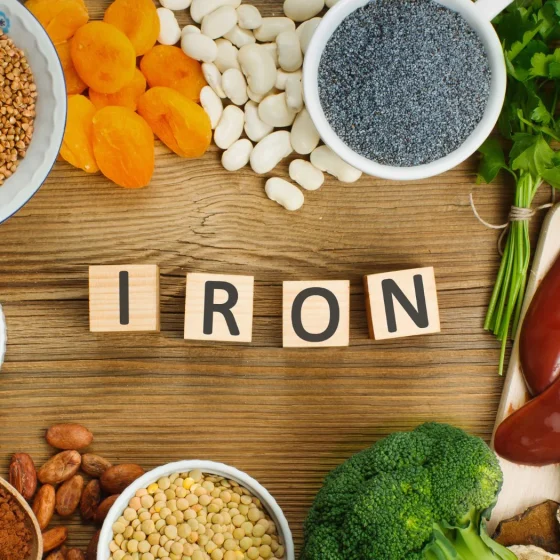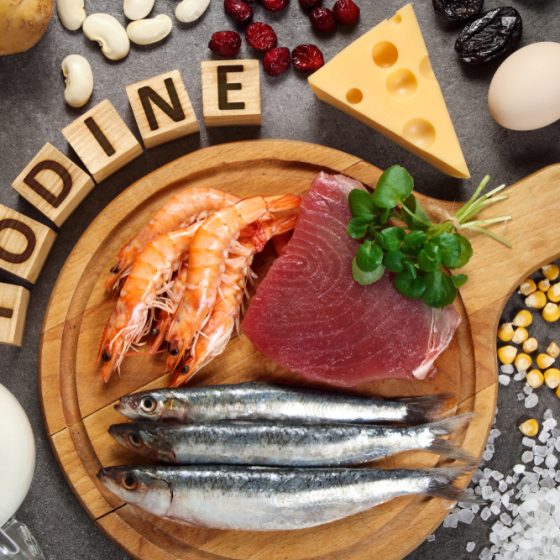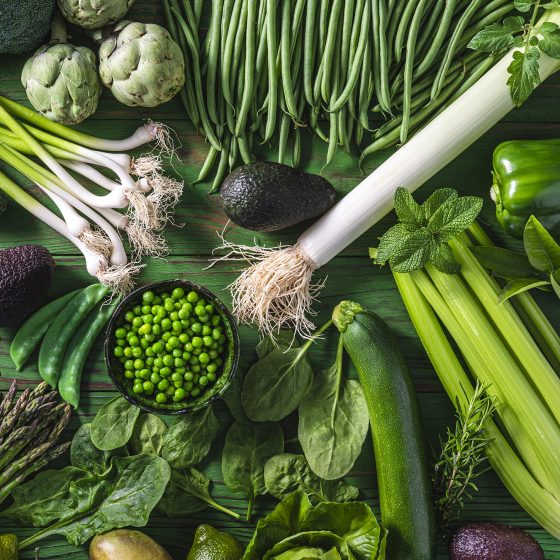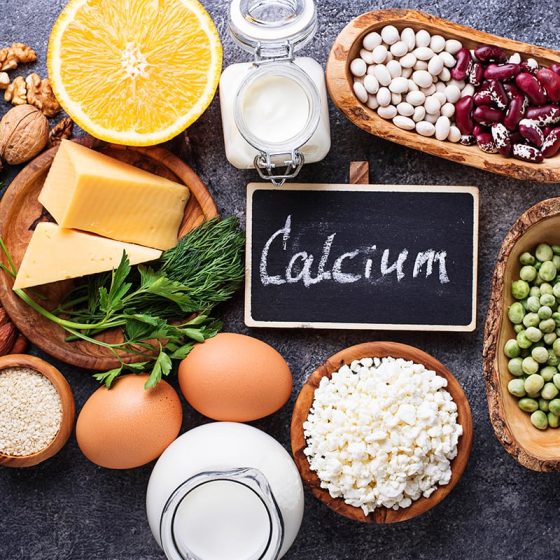Zinc and your health
Key facts Zinc is a mineral that is essential for many of the body’s normal functions and systems. Zinc also supports normal growth and development during pregnancy, childhood and adolescence. Having enough zinc is important for skin health and effective wound healing. Zinc is found in many food sources, but is better absorbed from animal-based foods, so vegans and vegetarians need to be extra careful to ensure they get enough. Too much zinc can cause side effects, so if you decide to take a supplement, don’t take more than 40mg of extra zinc, unless you are advised to by your

